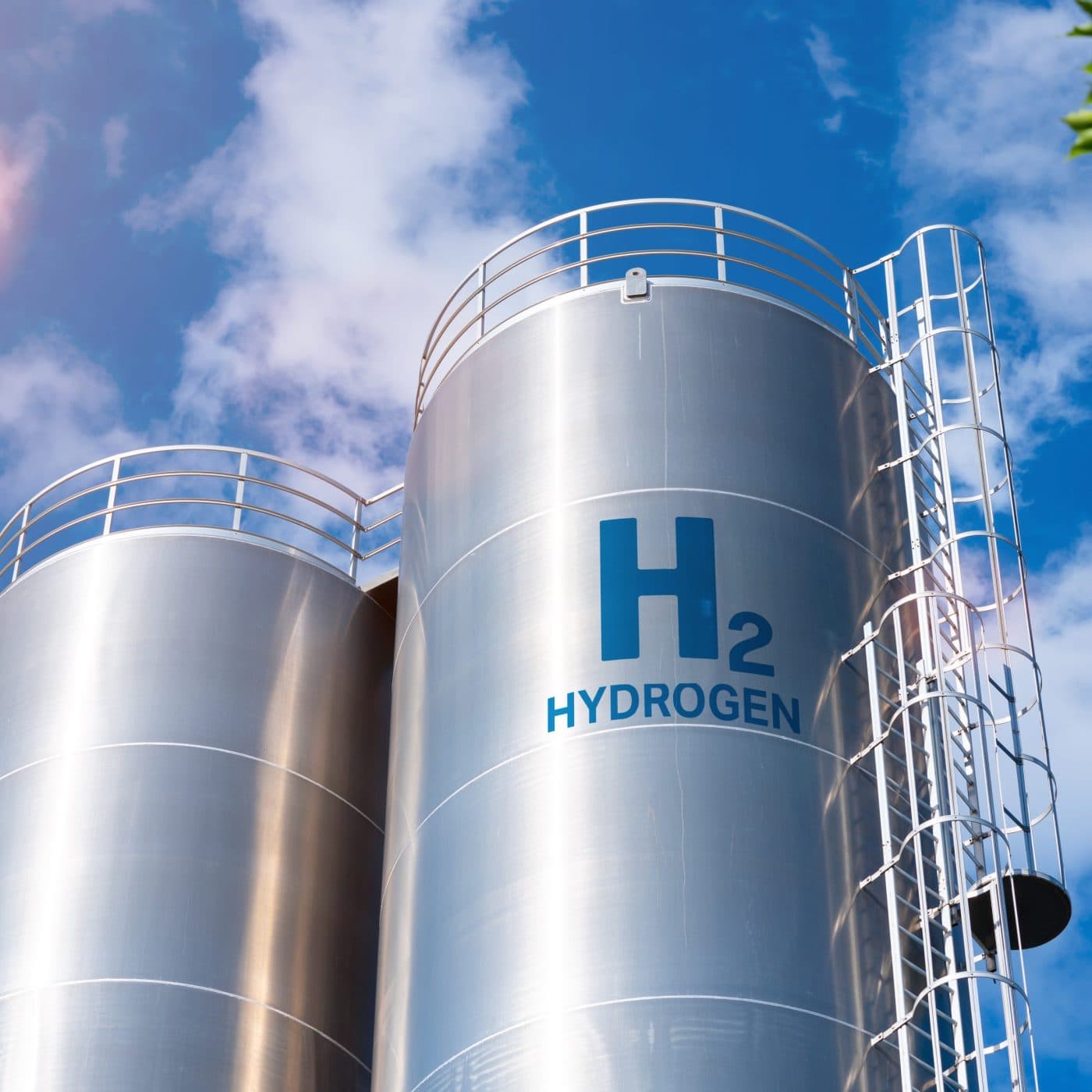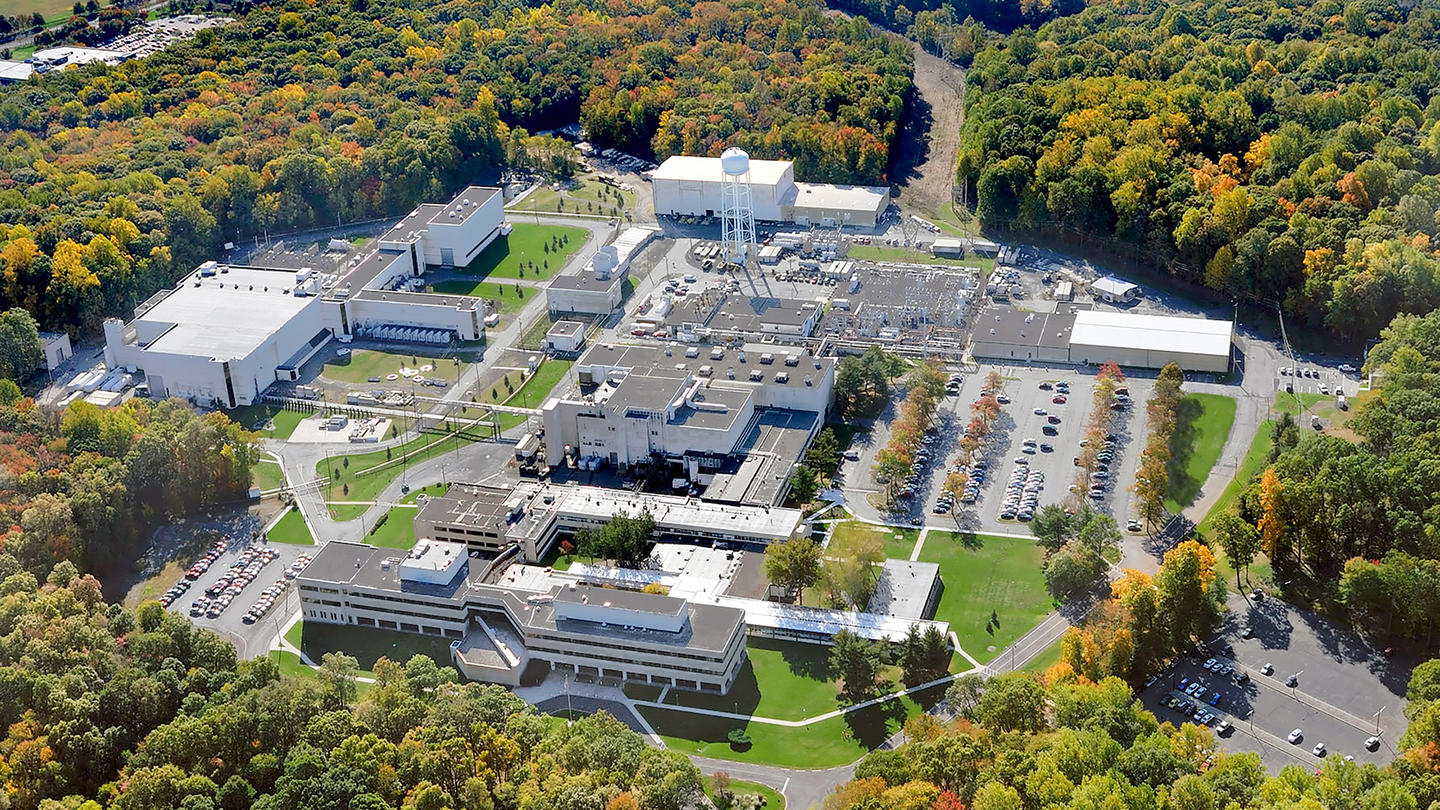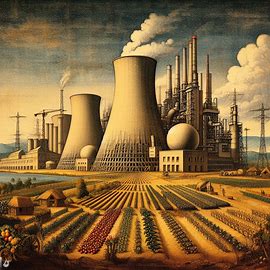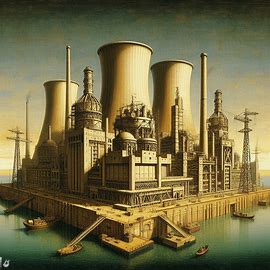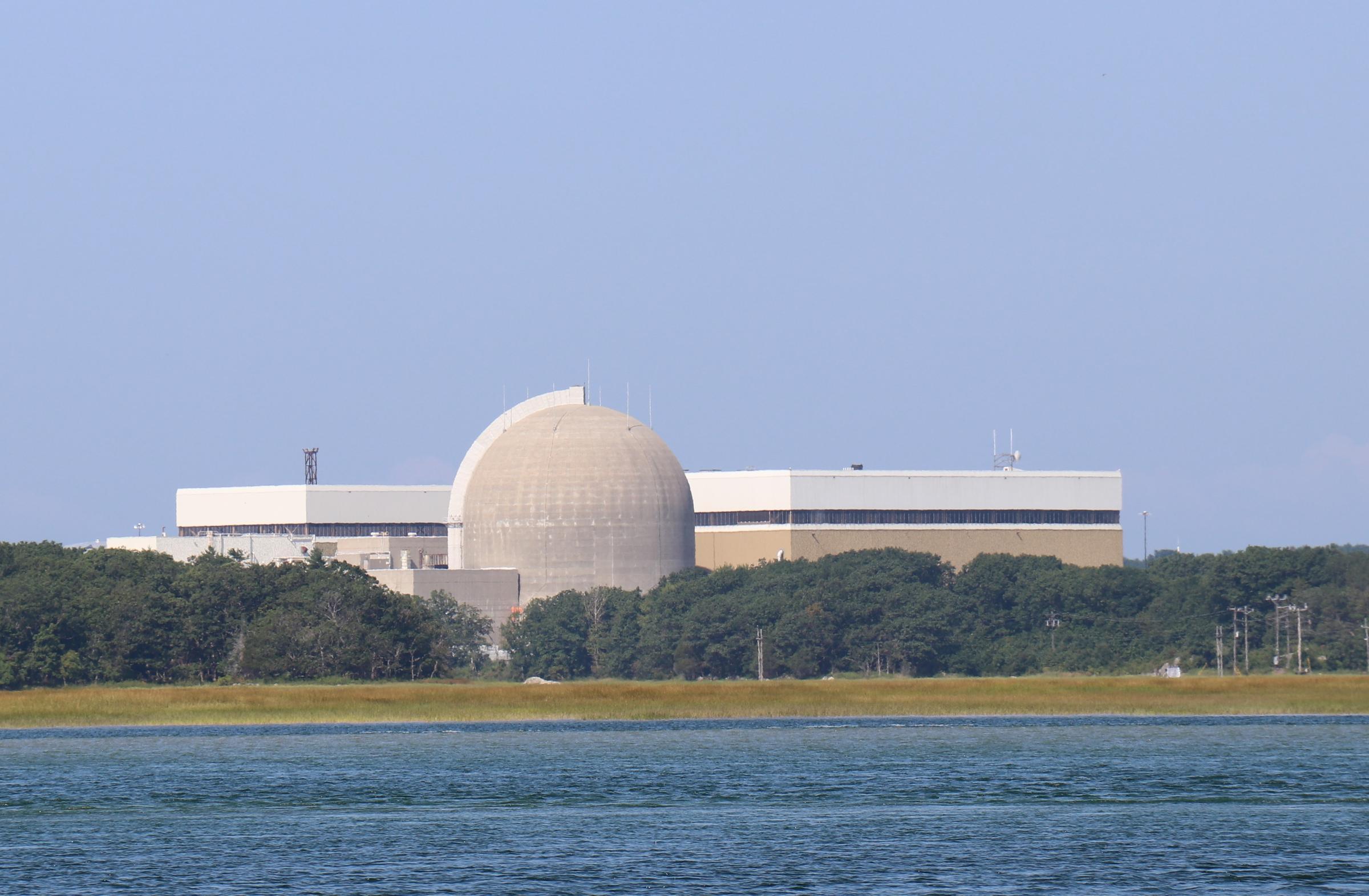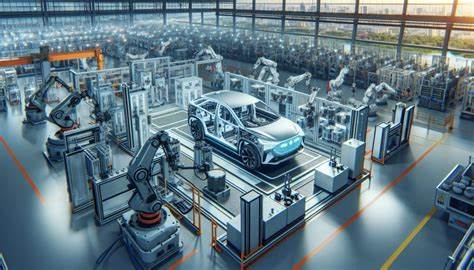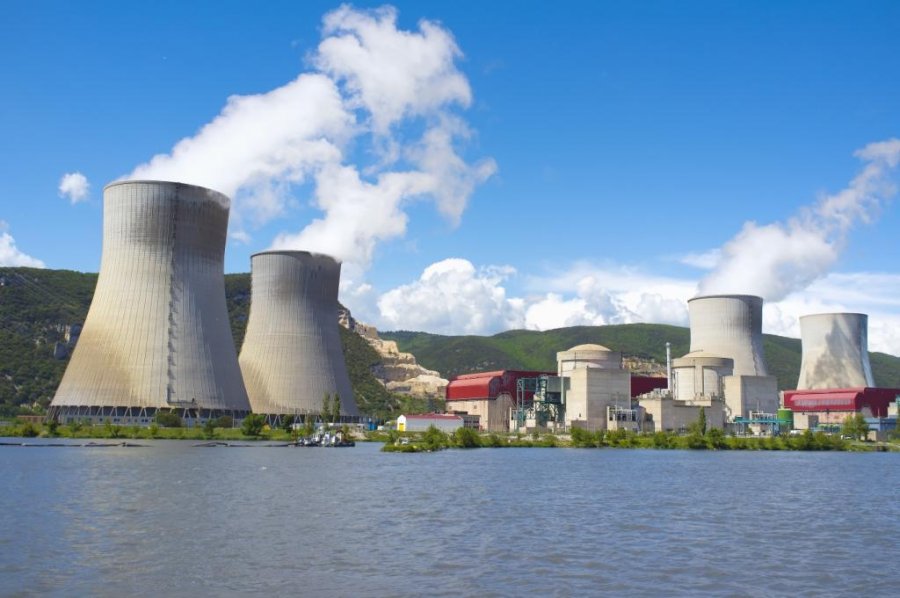
France, known for its historic reliance on nuclear energy, is undergoing a seismic shift in its energy strategy. Contrary to previous plans aimed at reducing dependence on nuclear power, the French government, under President Emmanuel Macron’s leadership, is making a significant U-turn. As part of the ambitious France 2030 plan, the government is investing around one billion euros to support nuclear projects and startups pioneering small nuclear reactor technologies. This strategic move aims to address critical challenges in nuclear energy, such as waste reduction, enhanced material recycling, and heightened safety standards.
Background:
France’s relationship with nuclear energy is deeply rooted, with the country currently ranking third globally in electricity production from nuclear reactors, following the USA and China. However, a crucial inflection point was reached when President Macron inherited a law intending to decrease the nation’s nuclear dependence from 75% to 50%. This envisioned the replacement of nuclear power plants with alternative sources like solar, wind, and hydropower. However, external factors such as surging natural gas prices, geopolitical energy supply disruptions, and escalating concerns about climate change prompted Macron to reconsider. Consequently, the decision was made to construct six new nuclear reactors in France, marking a departure from the earlier trajectory.
Government Initiatives and Investment:
As part of the renewed commitment to nuclear energy, the French government is channeling substantial funds into both established companies and startups. French energy giant EDF is spearheading the construction of the six new reactors, accompanied by a €42 million allocation to train and hire 100,000 workers in the nuclear sector over the next decade. Simultaneously, startups have emerged as key players in this paradigm shift, with the government earmarking €102.1 million for eight selected companies.
Innovative Startups and Their Contributions:
Jimmy Energy: Among the chosen startups is Jimmy Energy, founded in 2020. Having previously secured €20 million, the company received an additional €32 million from the French government. Jimmy Energy focuses on leveraging older nuclear fission technology to develop microreactors directly connectable to industrial plants. The resulting heat is touted to be a more cost-effective alternative to traditional fossil fuels.
Renaissance Fusion: An experimental player in the nuclear energy landscape, Renaissance Fusion is exploring fusion technology, aiming to harness energy through atom combination. The startup has received €10 million from the French government and secured €15 million in venture capital.
NAAREA: Pioneering small, modular reactors resembling the size of a bus, NAAREA represents another innovative startup. Utilizing a “fast neutron” process that incinerates long-lived radioactive waste without requiring water for cooling, NAAREA received €50 million from private investors and €10 million from the French government. Currently seeking a €150 million Series A round, the company aims to expedite development and move towards scalable production.
Government Funding as a Credibility Boost:
While the startups primarily rely on substantial rounds of financing, the government’s financial injection plays a crucial role in enhancing their credibility with private investors. Notable startups like NAAREA, pushing the boundaries of nuclear innovation, highlight the significance of government backing in securing private investment interest.
France’s billion-euro investment in nuclear startups signifies a monumental shift in its energy landscape. With a focus on cutting-edge technologies, waste reduction, and safety improvements, these startups are poised to play a pivotal role in shaping the future of nuclear energy. As the nation embarks on this nuclear renaissance, the interplay between government support, private investment, and entrepreneurial innovation will determine the success of these endeavors. The coming years promise to be transformative, setting the stage for a new era in France’s nuclear narrative.
